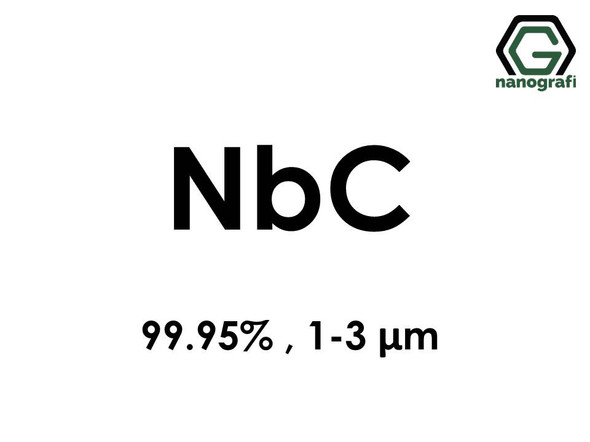Niobium (Nb) Micron Powder, Purity: 99.95 %, Size: 10 µm
- SKU:
- NG01EM0802
- Shipping:
- Calculated at Checkout
Frequently bought together:
Description
25 grams/132 €
100 grams/317 €
500 grams/849 €
1000 grams/1256 €
Please contact us for quotes on larger quantities !!!
Niobium (Nb) Micron Powder
Purity: 99.95 %, Size: 10 µm
Technical Properties:
| Purity | 99.95% |
| Particle Size | 10 µm |
| Density | 8.57 g/cm³ |
| Form | Powder |
| Melting Point | 2468 °C |
| Boiling Point | 4742 °C |
| Crystal Structure | Cubic, Body Centered |
| CAS No | 2023-50-5 |
Applications:
- Advanced Alloying & Metallurgy: Niobium micron powder is widely used as an alloying element in high-strength low-alloy (HSLA) steels, superalloys, and stainless steels. It enhances mechanical strength, corrosion resistance, and thermal stability, making it essential in aerospace, automotive, and structural applications. Its fine particle size ensures uniform dispersion and controlled reactivity during melting and sintering processes.
- Energy Systems & Electrochemical Applications: Niobium plays a key role in battery electrodes, capacitors, and fuel cell components due to its excellent conductivity and stability. Its powder form supports high surface area interactions, improving charge transfer and long-term cycling performance in energy storage systems.
- Catalysis & Surface Engineering: Thanks to its high surface activity and oxidation resistance, niobium powder is used in heterogeneous catalysis, coatings, and thin film deposition. It serves as a precursor for niobium oxides and nitrides, which are valuable in photocatalysis and electronic ceramics.
- Aerospace & High-Temperature Components: Niobium’s high melting point and thermal stability make it suitable for rocket nozzles, jet engine parts, and thermal shielding systems. The micron-scale powder allows for precision blending in refractory metal formulations and additive manufacturing.
- Electronics & Optoelectronics: Niobium compounds are used in electrochromic devices, semiconductors, and optical coatings. The powder form enables controlled synthesis of niobium-based thin films and nanostructures for advanced electronic applications.






